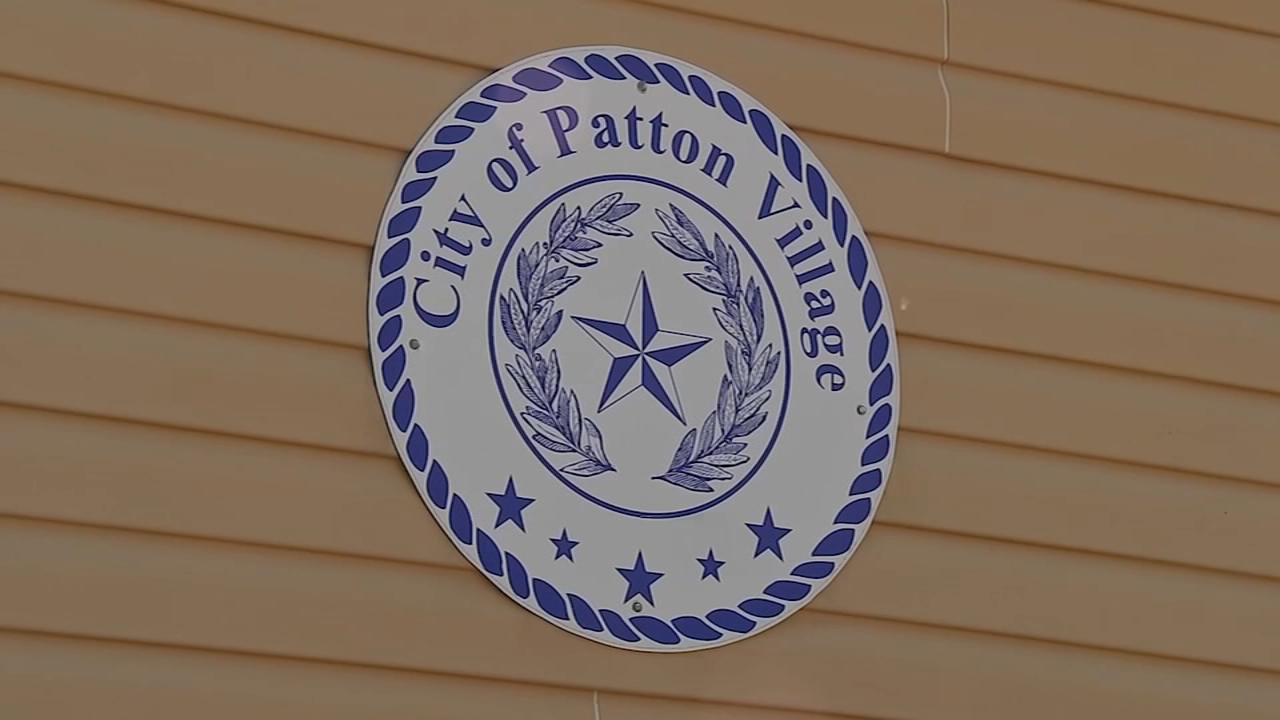Why does the city of Houston allow ex-convicts as cabbies?
HOUSTON (KTRK) -- Hundreds of Houston cabbies are driving despite prior criminal convictions including drunk driving, driving without a license, drug dealing, and domestic violence, records obtained by ABC-13 show.
And in just the past six months, 29 people with previous criminal convictions have been given taxi or limo licenses by the city of Houston, which must sign off on those licenses. That comes to a 74 percent approval rate for that six-month period for those with a prior criminal conviction seeking to drive a cab.
The city also keeps this information hidden from the public. The records, obtained by ABC-13 through the state's public records act detailing the criminal backgrounds of those applying for cabbie licenses, have never been seen outside the back rooms of city government.
City officials say they provided these documents in error, and told us not to use them for our report.
It's unclear how well known it is that cabbies can drive with a criminal conviction.
Julian Uchima, an independent cabbie in Houston with a spotless criminal record, didn't believe you could.
"To get a permit from the city you have to have a clean record," Uchima said.
But city officials routinely hand licences to convicted criminals who want to drive a cab. Houston rules say if you have a criminal conviction within the past 10 years and want to be a cabbie, you can appeal to the city.
That process is overseen by Adjudication Hearing Officer Montecella Flaniken, an appointee of Mayor Annise Parker.
"Some people with convictions have been given a license," she said. "They've met the mitigating factors."
Those mitigating factors include how long ago the conviction was, the age of the applicant at the time of the conviction and any recommendation letters from law enforcement officials, Flaniken said. City rules say anyone with a criminal conviction within the past 10 years must go before a hearing officer to get a license.
The city estimates 8 percent of those who seek to drive cabbies and limousines have some kind of criminal conviction at some point in their lives in the last 10 years. Many are approved.
Some of those include:
- A man who had a conviction for driving while intoxicated where he pleaded guilty and spent several months in immigration detention.
- A man who was convicted for conspiracy to manufacture/deliver controlled substance. He had purchased steroids from a seller who was working for the Drug Enforcement Administration. He received a deferred sentence.
- A man who was initially convicted for while driving a cab agreeing to buy drugs for a passenger. The person he bought the drugs from was an undercover police officer, records show. While on probation for that case, he was accused of stabbing his wife with a screwdriver, an act he pleaded guilty to in 2004.
- A man who was convicted for smuggling illegal aliens.
- A man who was convicted for shoplifting at a local mall. Records show that while working as an installation technician in another industry, he would also use customers credit cards without their permission.
The revelation of cab drivers with conviction records comes at a time when a spotlight is on the city's vehicle-for-hire backgrounding process.
Two ride-sharing services, Uber and Lyft, are starting to do business in Houston. Limo and cab companies, including cab giant Yellow Cab, oppose Uber and Lyft's efforts.
"We've got to win this war," Yellow Cab president Roman Martinez yelled out to a crowd of cabbies and supporters gathered outside City Hall on Tuesday. "It's going to affect every single one of us."
This debate between the cabbies and the smartphone-based ride-sharing services has been roiling for months, and just last week, the city's regulatory affairs department publicly presented a set of proposed regulation revisions for the vehicle-for-hire industry, which includes taxis, limos -- and which will now include Uber and Lyft.
The proposed changes would allow Uber and Lyft to operate if the companies made some changes, including requiring drivers to get city-approved background checks.
Officials with both Uber and Lyft say the background checks they currently use are stronger than the city's check. Under Uber and Lyft, no DWIs, theft or other major convictions within a seven-year timeframe are tolerated, they say. But recent news reports show that Uber, at least, have had some of their drivers who have convictions slip through its backgrounding, prompting Uber to expand its check process.
Tina Paez, director of the city's Administration and Regulatory Affairs Department, said there are no plans in the works to strengthen the city's backgrounding system for any vehicle-for-hire.
"The complaints that we get are that the driver didn't know where he was going, that the driver didn't speak English very well or that a driver didn't smell very good," Paez said. "There is just not that much mayhem happening with taxi drivers."
The producer on this story was Trent Seibert.




